If x and y are reals such that 0 ≤ x 2 y 2 ≤ π , how does one prove that cos x cos y ≤ 1 cos x y ?To ask Unlimited Maths doubts download Doubtnut from https//googl/9WZjCW If `y=sqrt(x1)sqrt(x1)`, prove that `(x^21)(d^2y)/(dx^2)x(dy)/(dx)y/4=0`1,σ2x,y) = −n 2 log(2π)− n 2 logσ2 − i=1 (y i −β 0 −β 1x i) 2 2σ2 For any fixed value of σ2, logL is maximized as a function of β 0 and β 1, that minimize i=1 (y i −β 0 −β 1x i) 2 (1) But to minimize this function is just to principle behind LSE, so it's apparent that the MLE of β 0 and β 1

If Y 1 X 1 X 2 2 X 3 3 Then Dy Dx A Y 1 B Y 1 C Y D Y 2
Prove that x^-1/x^-1 y^-1 x^-1/x^-1-y^-1=2y^2/y^2-x^2
Prove that x^-1/x^-1 y^-1 x^-1/x^-1-y^-1=2y^2/y^2-x^2-Question S 1 = {(x, Y) ∈ R 2 x 2 Y 2 = 1} Ec ( M D 2x /dt2 δ Dx/ Dt ω 2x = 0 ) M = 10, ω = √ 50, δ = 0 Prove That The Set X(0, 2π/√ 5) It's An Ellipse I Need To Solve This Subsection Apply Techniques Of Vector Analytic Geometry And Metric Topology To Prove That There Is A Bijective And Bicontinuous Transformation T SProve that the inequality x y y x >1 holds for any positive reals x and y IP Logged MATH PRO Aryabhatta Uberpuzzler Gender Posts 1321 Re Prove x^yy^x>1 « Reply #1 on Jun 9 th, 08, 618pm » Quote



Www Ualberta Ca Rjia Math215 Hwks Sol8 Pdf
If x3 x > 0; If #xsqrt(1 y) ysqrt(1 x) = 0# Then how will you prove that #dy/dx = 1/(1 x)^2#??If $ y=cos(msin^{1}x)$ , prove that $ (1x^2)y_{n2} (2n1)xy_{n1} (m^2n^2)y_n=0 $ written 51 years ago by shailymishra30 ♦ 380 modified 16 months ago by sanketshingote ♦ 590
Problem 7 Write a proof by contraposition to show that for any real number x;Prove that x^1/x^1y^1 x^1/x^1 y^1= 2y^2 / y^2x^2 meenal9936 is waiting for your help Add your answer and earn pointsFind the smallest number by which 142 number must be multiplied so that the product is a perfect Answer & Earn Cool Goodies Write the equation Of tangent Line at a point (1,2,3) to the surface XYZ=4 Answer & Earn Cool Goodies ;
If x = sin t and y = sin pt, prove that (1x 2) d 2 y/dx 2 dy/dx p 2 y = 0 continuity and differentiability Transcript Ex 62, 11 Prove that the function f given by f (𝑥) = 𝑥^2 – 𝑥 1 is neither strictly increasing nor strictly decreasing on (– 1, 1)Given f(𝑥) = 𝑥2 – 𝑥 1 Finding f'(𝒙) f'(𝑥) = 2𝑥 – 1 Putting f'(𝒙) = 0 2𝑥 – 1 = 0 2𝑥 = 1 𝑥 = 1/2 Since 𝒙 ∈ (−𝟏 , 𝟏) So, our number line looks like Hence, f(x) is strictly decreasingWhy create a profile on Shaalaacom?




If X And Y Are Positive Numbers Is X 1 Y 1 X Y Data Sufficiency Ds




Engineering Mathematics Notes
To ask Unlimited Maths doubts download Doubtnut from https//googl/9WZjCW If `y=e^(msin^(1)x)` prove that `(1x^2)((d^2y)/dx^2)x(dy)/dx=m^2y`Get an answer for '`tanh^1 x = 1/2 ln((1x)/(1x)) , 1 < x < 1` Prove' and find homework help for other Math questions at eNotesFind stepbystep solutions and your answer to the following textbook question Prove that tanh^1 x = 1/2 ln(1x / 1x), 1 < x < 1




Solve 5 X 1 2 Y 1 1 2 10 X 1 2 Y 1 5 2 Brainly In




If Sqrt 1 X 6 Sqrt 1 X 6 A X 3 Y 3 Then Prove That Dy Dx X 2 Y 2 Sqrt 1 Y 6 1 Youtube
Question 28 (OR 1st Question) If √(1−𝑥^2 ) √(1−𝑦^2 ) = a (x − y), then prove that 𝑑𝑦/(𝑑𝑥 ) = √(1 − 𝑦^2 )/√(1 − 𝑥^2 ) Finding 𝒅𝒚/𝒅𝒙 would be complicated here To make life easy, we substitute x = sin A y = sin B (As √(1−𝑥^2 )= √(1−sin^2𝐴 )=√(cos^2𝐴 )) And then solve Let's substitute xClick here👆to get an answer to your question ️ If y = √(1 x/1 x) , prove that ( 1 x ^ 2 ) d y/d x y = 0 Join / Login >> Class 12 >> Maths >> Continuity and Differentiability >> Derivatives of Composite Functions and Chain RulePlease be sure to answer the questionProvide details and share your research!
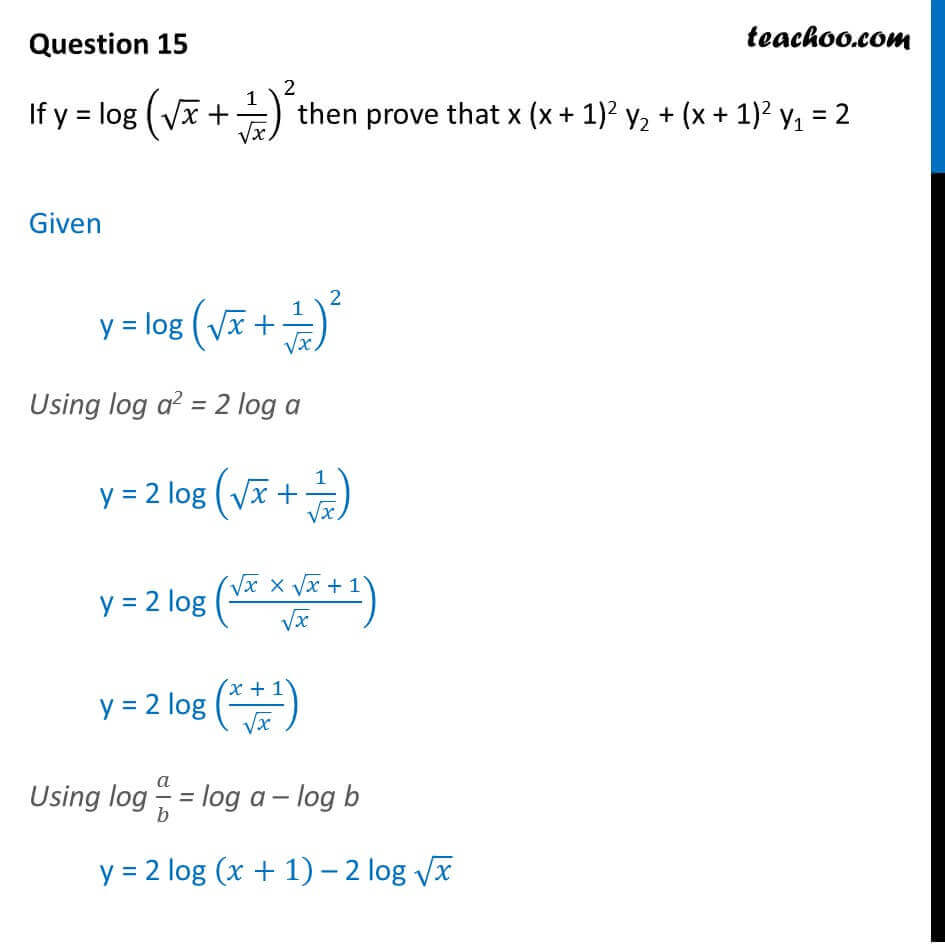



If Y Log Root X 1 Root 2 Then Prove X X 1 2 Y2 X 1 2 Y1
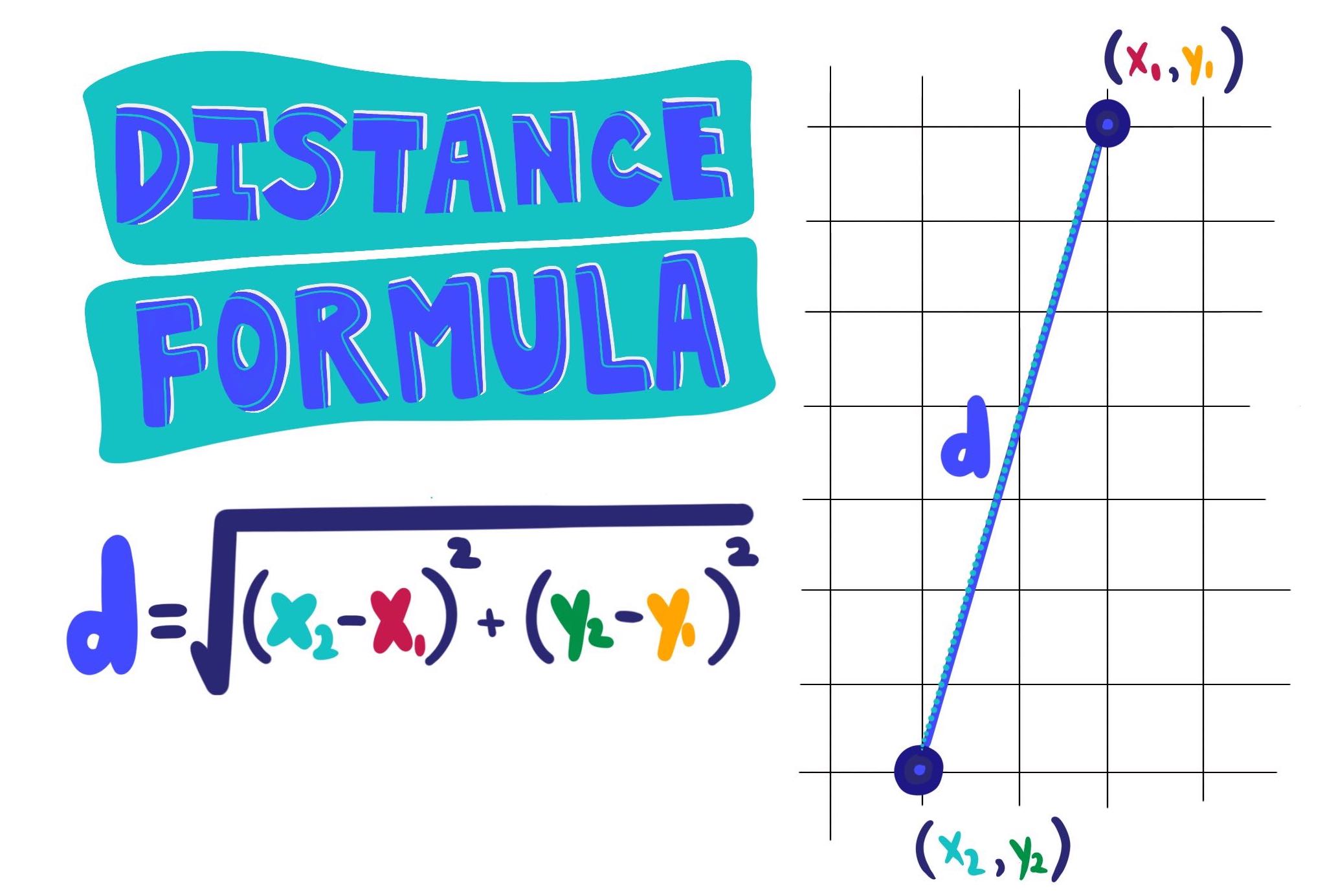



Distance Formula Expii
Prove that xy=xy, where x and y are real numbers Proof (proof by cases) Break the theorem into some cases 1 x and y both nonnegative 2 x nonnegative and y is negative 3 x negative and y nonnegative 4 x and y both negative Definition The absolute value of a, a, equals a when a 0 and equalsa when aIf f(x)=sinx then find (fofof)(a) where a belongs to 0, pi/2 and d/dx(fofof)^x x=aAnswer to If y=(e^x e^{x})/(e^x e^{x}), prove that dy/dx=1y^2 By signing up, you'll get thousands of stepbystep solutions to your



Www Ualberta Ca Rjia Math215 Hwks Sol8 Pdf




If Y X 1 X 1 X 1 X Dot Prove That Dy Dx Y 2y X
The question reads very simply, show that e x tex\geq/tex1x tex\forall/tex x > 0 Homework Equations None to speak of I am not allowed to use calculus, and this is why I am having problems The Attempt at a Solution I tried to break it up into cases When x=0, e x =e 0 =1 1x=10=1 Hence e x =1xWhence x3 x • 0 ¥ Problem 8 A circle has center (2;4) (a) Prove that (¡1;5) and (5;1) are not both on the circle (b) Prove that if the radius is less than 5, then the circle does not intersect the line y = x¡6 Solution (a) It suffices toLet (X^2 y^2 1)/xy = k ( k is an integer) => x^2 y^2 1 = kxy => x^2 y^2 1 2xy = (k2)xy => (xy)^2 (2k)xy = 1 => (x (y))^2 (k2)(xy) = 1 Since




Worked Example Identifying Separable Equations Video Khan Academy
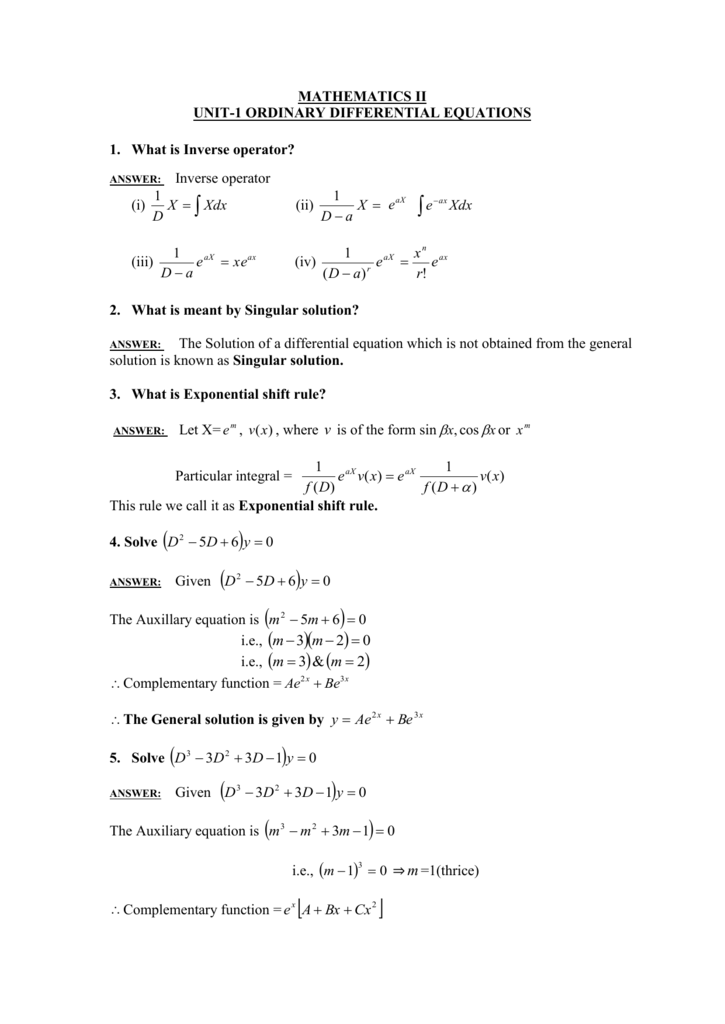



Mathematics Ii Tranquileducation
If `xyz=xzy`, prove that `(2x)/(1x^2) (2y)/(1y^2) (2z)/(1z^2) = (2x)/(1x^2) (2y)/(1y^2) (2z)/(1z^2)`Find particular Integral of differential equation of D 2 D1 =x 3 Answer & Earn Cool Goodies Lost love spells caster in UK ~ Malta@~ Austria 1 Answer(s) Available Thanks for contributing an answer to Mathematics Stack Exchange!




What Is The Value Of Xyz If Y 1 Z 1and X 1 Y 1 Quora




Misc 7 Show That General Solution Is X Y 1 A 1 X Y 2xy
prove that (x1 /x1 y1) (x1 /x1y 1)=2y 2 /y 2x 2 Share with your friends Share 4 Dear student w e h a v e, 1 x 1But avoid Asking for help, clarification, or responding to other answersMultiplying by (1x 2)=v 2, we obtain (1x 2)y'= sqrt(1x 2)/sqrt(1x 2) xarcsin(x)/sqrt(1x 2), which we can rewrite as 1xy, as desired Let's call this equation () We prove the second part by induction on n To do this, we need two things a base case, that is, proving the case n=0, and an inductive step, where we



If X Y Z Xyz Prove That 2x 1 X 2 2y 1 Y 2 2z 1 Z 2 2x 1 X 2 2y 1 Y 2 2z 1 Z 2 Sarthaks Econnect Largest Online Education Community




X 1 Y 2 Dx Y 1 X 2 Dy 0 Youtube
If y x = e yx, prove that dy/dx = (1log y) 2 /log y Related questions 1 vote 1 answer Find dy/dx when x and y are connected by the relation if x = ex/y, prove that dy/dx = xy/x log x asked in Class XII Maths by rahul152 (2,8 points) continuity and differentiabilityClick here👆to get an answer to your question ️ If √(1 x^2) √(1 y^2) = a(x y) then prove that dy/dx = √(1 y^2/1 x^2)Alternatively Proof (Using uniqueness of the multiplicative inverse) 8x 2R, x 6= 0, we have both 1 x x = 1 M5 and 1 x 1 1=x = 1 M5 applied to y = 1=x




How Can I Prove That Xy Leq X 2 Y 2 Mathematics Stack Exchange



If X Y 3 X Y 1 Then What Is X Y Quora
Graph y=(x1)^21 Find the properties of the given parabola Tap for more steps Use the vertex form, , to determine the values of , , and Since the value of is positive, the parabola opens up Opens Up Find the vertex Find , the distance from the vertex to the focus Tap for more stepsProve that x^1/x^1y^1x^1/x^1y^1=2y^2/y^2x^2 deepa6199 is waiting for your help Add your answer and earn points There are two things you need here x − y ≤ x y ( a b) p ≤ a p b p, for a, b ≥ 0 This first one is the standard triangle inequality that you are most likely familiar with To prove the second, you can take the fact that the function f ( x) = x p is convex What properties you need are f ( 0) = 0




If 2 X 3 Y 6 Z Prove That 1 X 1 Y 1 Z 0 Youtube
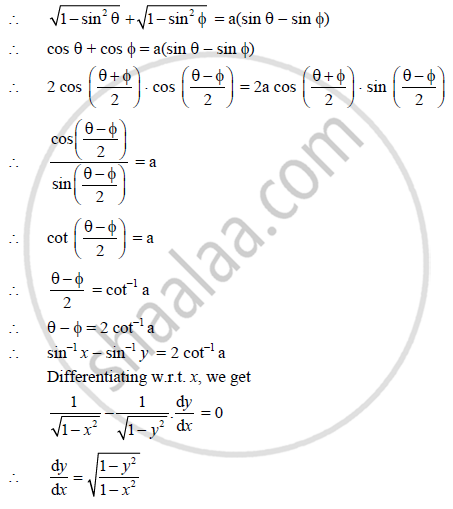



If Sqrt 1 X 2 Sqrt 1 Y 2 A X Y Show That Dy Dx Sqrt 1 Y 2 1 X 2 Mathematics And Statistics Shaalaa Com
if y log x x y prove that dy dx log x 1 log x 2 Mathematics TopperLearningcom 2dolmeyy Starting early can help you score better! Get answer If `x yy zx z=1`,then prove that `x/(1x^2)y/(1y^2)z/(1z^2)=(4x y z)/((1x^2)(1y^2)(1z^2)`Then x > 0 Solution Suppose x • 0 Then x3 • 0;



Www3 Nd Edu Craicu 1bspring10 Quiz1b Q10 Pdf



How Do L Solve The Initial Value Problem X 2 Y 2 Dy Dx Xy Y 1 2 Quora
If x and y are reals such that 0\leq x^2y^2 \leq\pi, how does one prove that \cos x\cos y\leq1\cos xy? If y = x cos^1 x/√(1 x^2) log√(1 x^2), then prove that dy/dx = cos^1 x/(1 x^2)^(3/2) asked in Mathematics by Samantha ( 6) There is a unique element 1 an element of the real numbers st x(1)=x for all x element of r and 0 does not equal 1 7) For each x an element of the real numbers with x not equal to 0 there is a unique element y an element of the real numbers st x(y)=1 and or x(1/x)=1 8) x is greater than y implies xz greater than yz



Simultaneous Equations Gmat Math Study Guide




Y Cos Msin 1x Prove That 1 X 2 Y2 Xy1 M 2y 0 Maths Continuity And Differentiability Meritnation Com
Also show that $(y^{1}x^{1})(xy) = e$ in a similar way Then use the fact that inverses are unique Share Cite Follow edited Nov 28 '15 at 16 answered Nov 28 '15 at 1040 Henno Brandsma Henno Brandsma 4k 7 7 gold badges 79 79 silver badges 199 199 bronze badges $\endgroup$ 2 2If x√(1y) y√(1x)=0 1≤ x ≤ 1,prove that dy/dx =1/(1x)^2 asked in Mathematics by sforrest072 (128k points If y = xx, prove that d2y/dx2 (1/y)(dy/dx)2 y/x = 0 Welcome to Sarthaks eConnect A unique platform where students can interact with1 Inform you about time table of exam 2 Inform you about new question papers 3 New video tutorials information
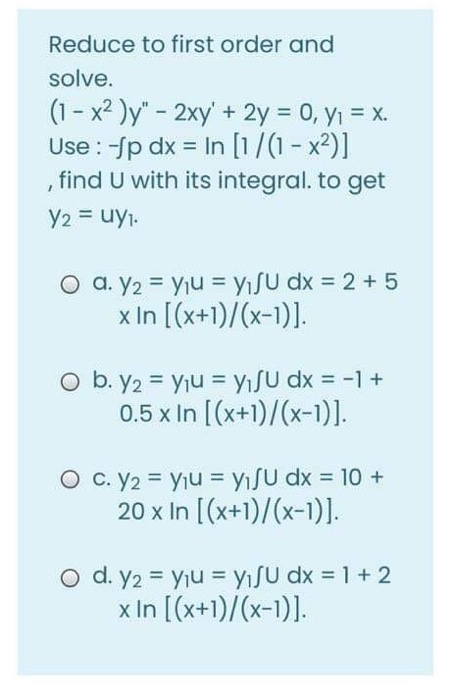



Answered Reduce To First Order And Solve 1 Bartleby



Http Www Math Sci Hokudai Ac Jp S Settepanella Teachingfile Calculus Calculus2 Pagine Lineintex Pdf
If `Y = E^(Mcos^(1)X)`, Prove that `(1 X^2) (D^2y)/(Dx^2) X Dy/Dx = M^2y` CISCE ISC (Arts) Class 12 Question Papers 248 Important Solutions 2526 Question Bank Solutions 2648 Concept Notes & Videos 698 Time Tables 10 Syllabus Advertisement Remove all ads If `Y = E^(Mcos^(1)X)`, Prove that `(1 X^2) (D^2y)/(Dx^2) X Dy/Dx = M^2yFitbit Charge 4 Fitness and Activity Tracker with Builtin GPS, Heart Rate, Sleep & Swim Tracking if x(1y)^1/2y(1x)^1/2=0 then prove that dy/dx =1/(1x)^2 Share with your friends Share 0 Dear student,



Q Tbn And9gcqqdjererih8cbajqv Puntih4ikbw7iy9bdv7cgyhxgixkwubp Usqp Cau



How Do We Prove That Math Forall 0 X Y Log Left Frac Y X Right Frac Y 2 X 2 2xy Math Quora
Avail 25% off on study pack Avail Offer2 x = y 2 − 1 2 x = (y − 1) (y 1) 2 a 2 x − a = (y − 1) (y 1), a ∈ Z (Edited for clarity) By dividing the left side in this manner, with an arbitrary number of 2s in one factor, and the remaining 2s in the other factor, we can then divide the two right hand side factors into two
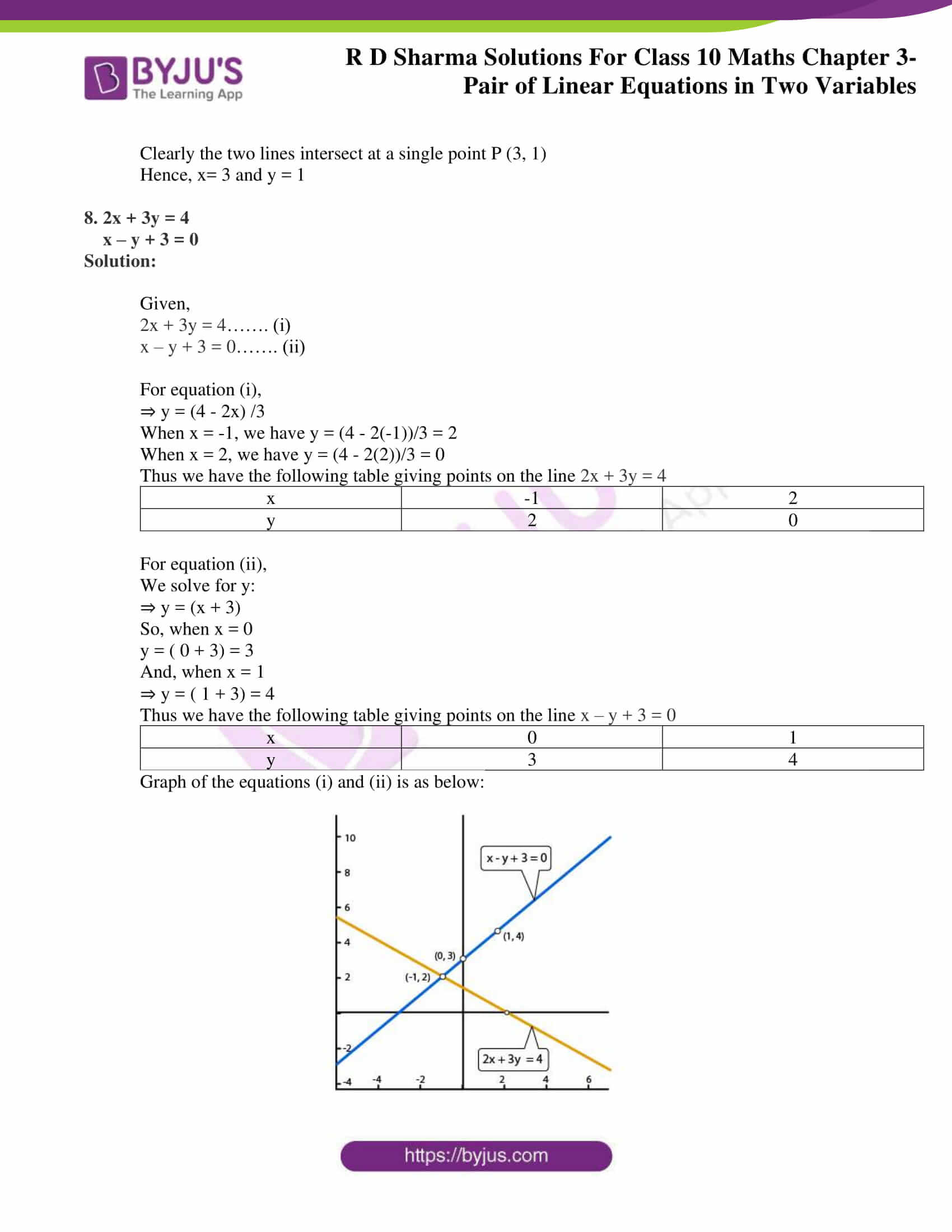



Rd Sharma Class 10 Solutions Maths Chapter 3 Pair Of Linear Equations In Two Variables Exercise 3 2



2
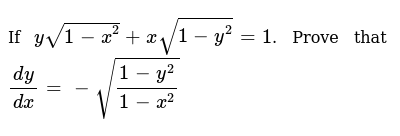



If Y Sqrt 1 X 2 X Sqrt 1 Y 2 1 Prove That Dy Dx Sqrt 1 Y 2 1 X 2




If 2 X 3 Y 12 Z Then Prove That Xy Z X 2y Mathematics Topperlearning Com 8v1liiww



Search Q F X Y 3dx 5e2 2by 5e2 Graph Tbm Isch
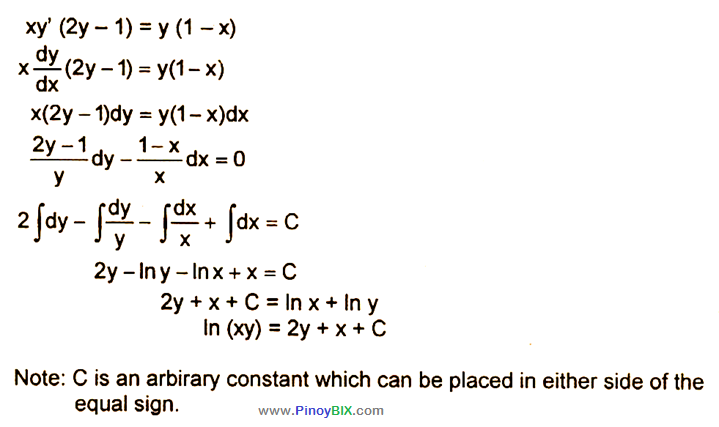



Solution Solve Xy 2y 1 Y 1 X



If 2x 3y 6 Z Then 1 X 1 Y 1 Z Is Equal To Polynomials Maths Class 10



Www Ualberta Ca Csproat Homework Math 334 Assignment solutions Assignment 2 solutions Pdf
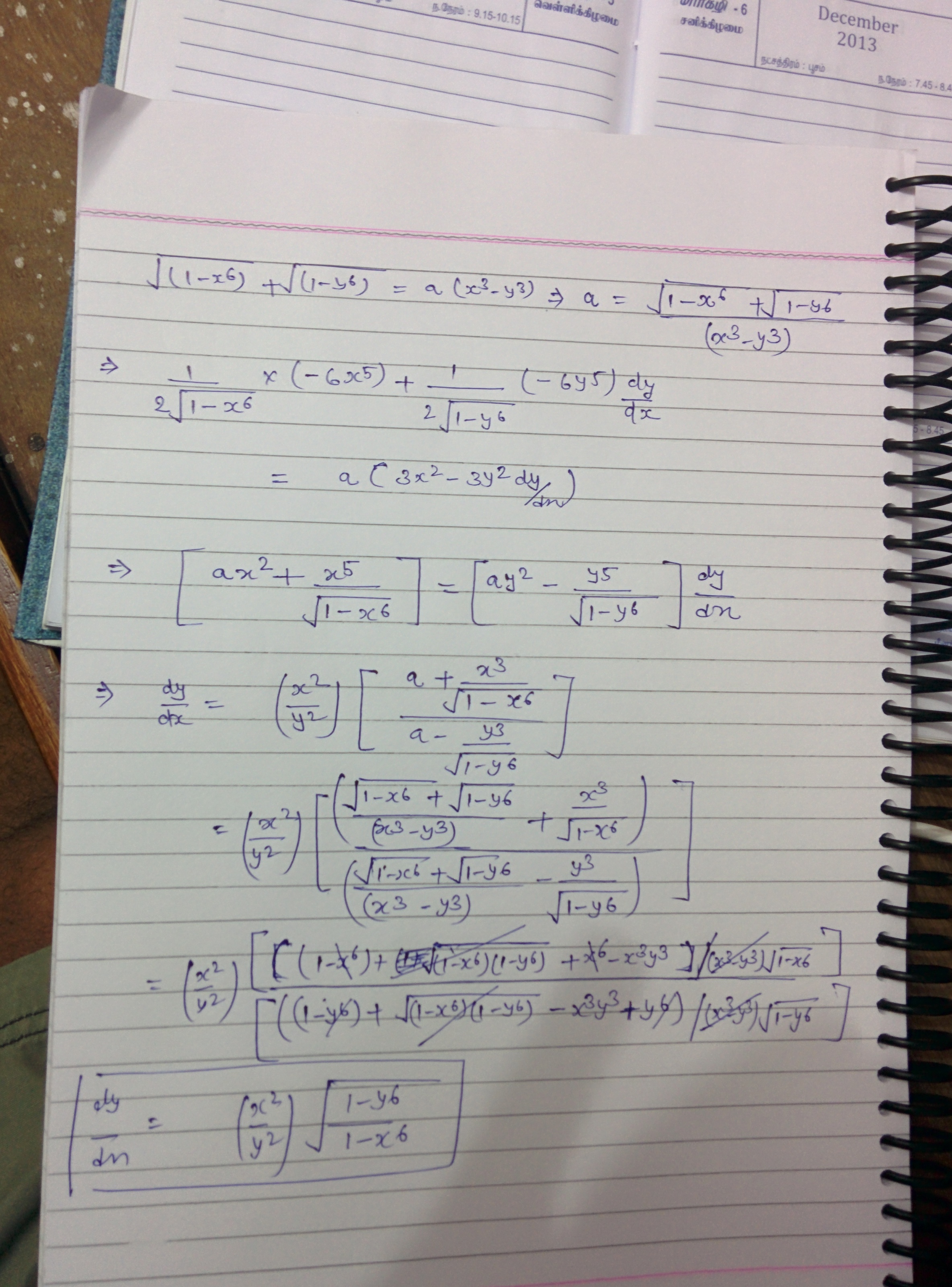



If 1 X 6 1 2 1 Y 6 1 2 A X 3 Y 3 The Prove That Dy Dx X 2 Y Askiitians
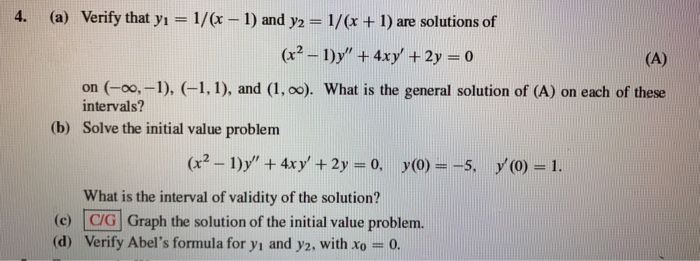



Verify That Y1 1 X 1 And Y2 1 X 1 Are Solutions Chegg Com




1 2x 1 Y 1 And 1 X 1 2y 8 Find Value Of X And Y Brainly In




Systems Of Equations With Substitution Y 1 4x 100 Y 1 4x 1 Video Khan Academy
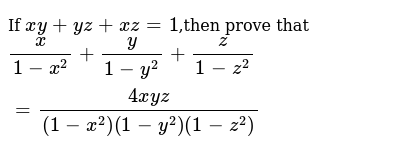



Which Expression Is Equivalent To X 1 2y 1 4z 2 A X 1 2 Yz 2




Multiplicative Inverse Wikipedia
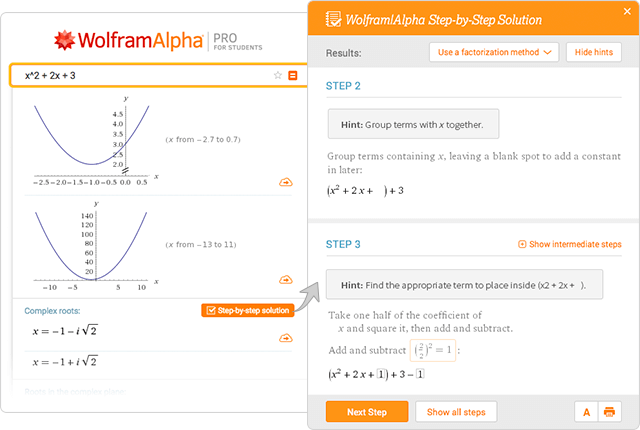



Wolfram Alpha Examples Step By Step Solutions




40 Lim Xy 2 E 1 X2 Y2 X Y 0 0 X2y2 141 Lim Chegg Com




1 Find A Series Solution Of X 4 Y 2xy 12y Chegg Com



Www Math Ucla Edu Mt 131a 1 02s 131a Hw Sol Pdf
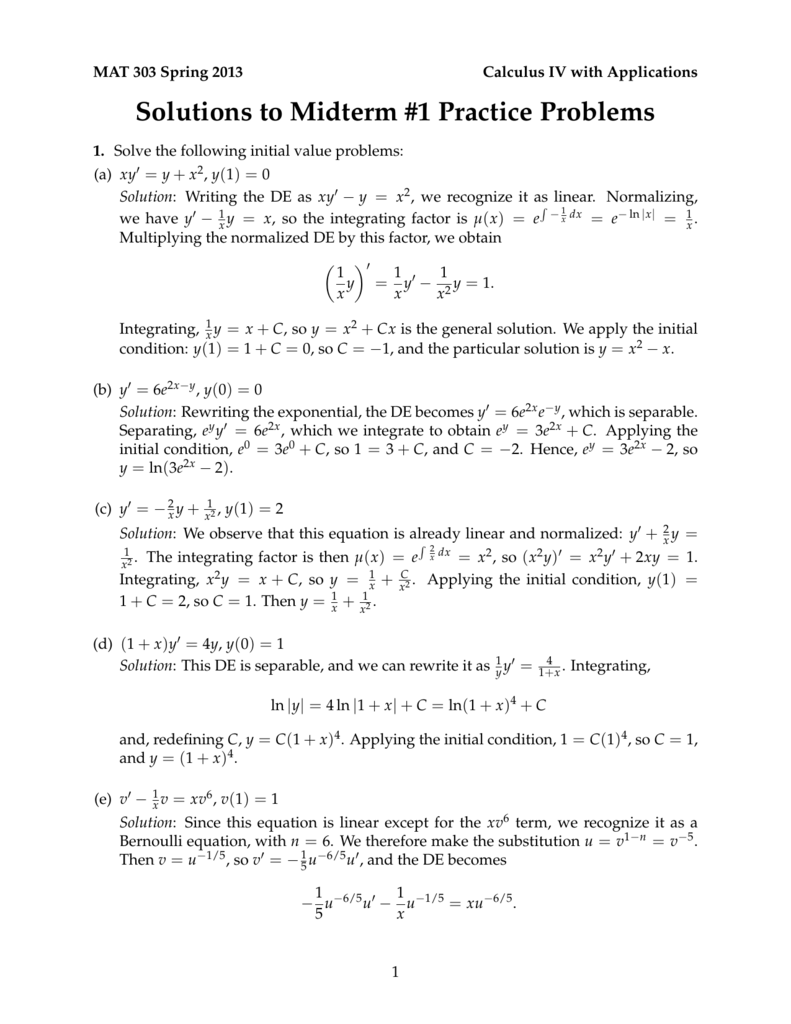



Solutions To Midterm 1 Practice Problems
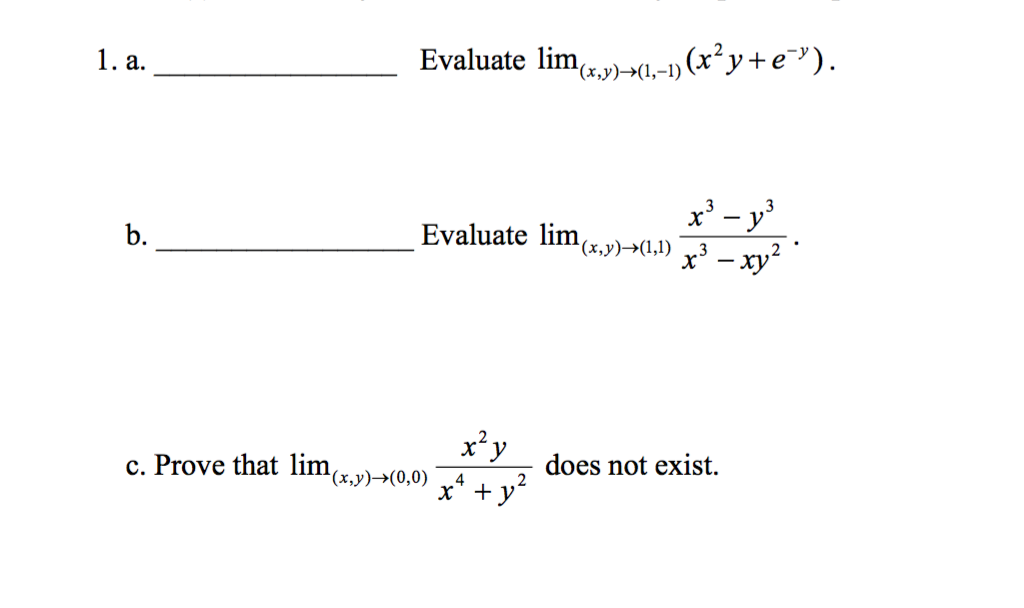



A Evaluate Lim X Y 1 1 X 2y E Y Chegg Com




Implicit Differentiation
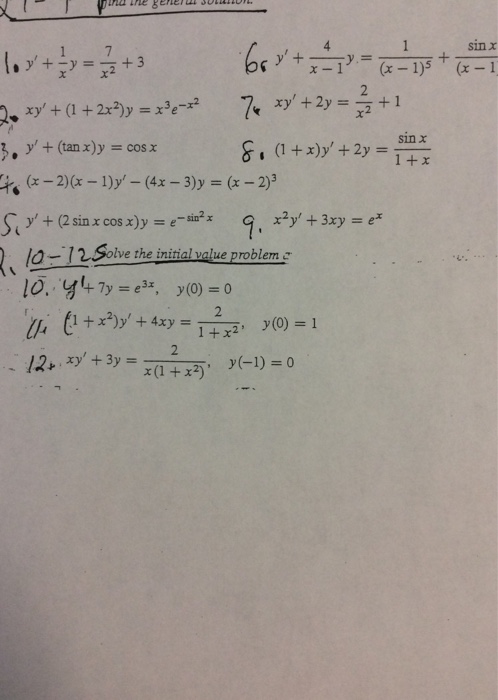



Y 1 X Y 7 X 2 3 Xy 1 2x 2 Y X 3 Chegg Com




Second Solution For Reduction Of Order X 2 1 Y 2xy 2y X 2 1 Youtube



Http Www Eng Uwaterloo Ca Jzelek Teaching Syde252 Solution Ch3b Pdf




If Y 1 X 2 X 1 Y 2 1 Prove That Dydx 1 Y 21 X 2



Which Is The Value Of 1 X 1 Y If X And Y Are Positive With X Y 2 And Xy 24 1 5 12 2 1 12 3 1 6 4 25 6 Quora




Prove 1 1 X 1 X 2 Is A Basis For The Vector Space Of Polynomials Of Degree 2 Or Less Problems In Mathematics



Prove The Inequality X X 1 Y Y 1 Xy 1 X X 1 Y Y 1 Xy 1
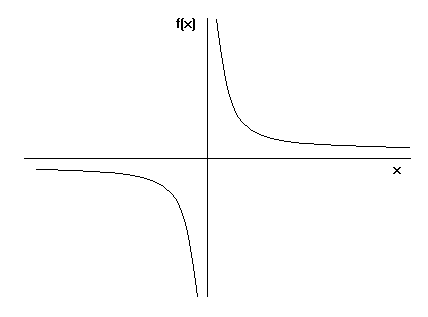



Functions Algebra Mathematics A Level Revision
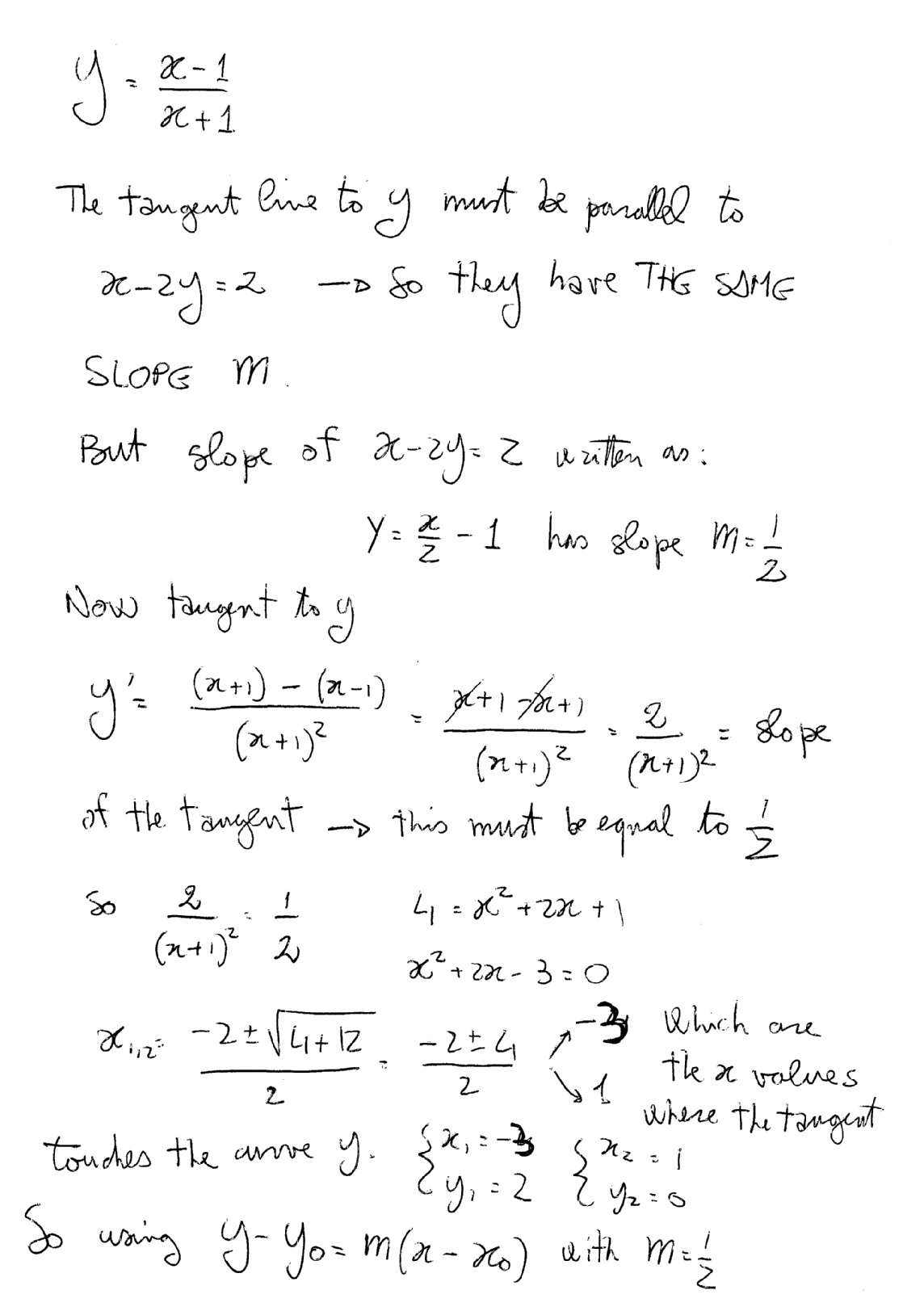



How Do You Find The Equations Of The Tangent Lines To The Curve Y X 1 X 1 That Are Parallel To The Line X 2y 2 Socratic




Solutions To Implicit Differentiation Problems



Multiplicative Inverse Wikipedia



Q Tbn And9gcrjyj1h2sjaozsvy L4jyifynk3 Eun Ykxdmvncbbxd1k3jim Usqp Cau



What Is The Solution Of X 1 Y 2 Dx Y 1 X 2 Dy 0 Quora




Engineering Mathematics Notes



If X Y Z Xyz 0 Then 2x 1 X 2 2y 1 Y 2 2z 1 Z 2 Is Equal To Sarthaks Econnect Largest Online Education Community




Using Properties Of Determinant Prove That 1 X Y X 2 Y 2 1 Y Z Y 2 Z 2 1 Z X Z 2 X 2 X Y Y Z Z X




Graph Graph Inequalities With Step By Step Math Problem Solver



If 2x 3y 6 Z Then Prove That 1 X 1 Y 1 Z 0 Jsunil Tutorial Cbse Maths Science




If Y 1 X 1 X 2 2 X 3 3 Then Dy Dx A Y 1 B Y 1 C Y D Y 2



Www Tau Ac Il Levant Ode Solution 6 Pdf



Http Www2 Math Umd Edu Immortal 310summer12 Gw19soln Pdf




Bijection Function F X Y X Y 1 2x 2y 2 Mathematics Stack Exchange




Solve For X And Y X 1 2 Y 1 3 9 And X 1 3 Y 1 2 8 Brainly In
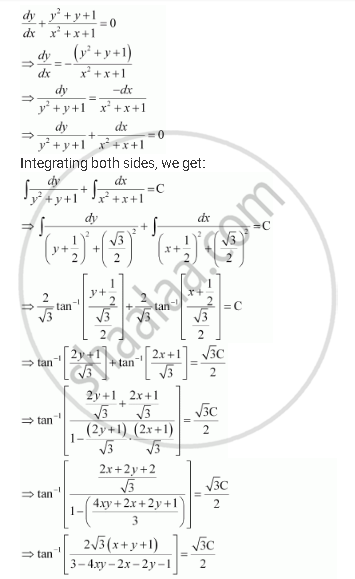



Show That The General Solution Of The Differential Equation Dy Dx Y 2 Y 1 X 2 X 1 0 Is Given By X Y 1 A 1 X Y 2xy Where A Is Parameter Mathematics Shaalaa Com




Solve The Equation 1 2x 1 Y 1 1 X 1 2y 8 Brainly In




Use The Reduction Of Order Method To Solve The Following Problem Given One Of The Solution Y1 A X 2 1 Y 39 39 2xy 39 2y 0 Y1 X B 2x 1 Y 39 39 4 X 1 Y 39 4y 0 Y1 E 2x C X
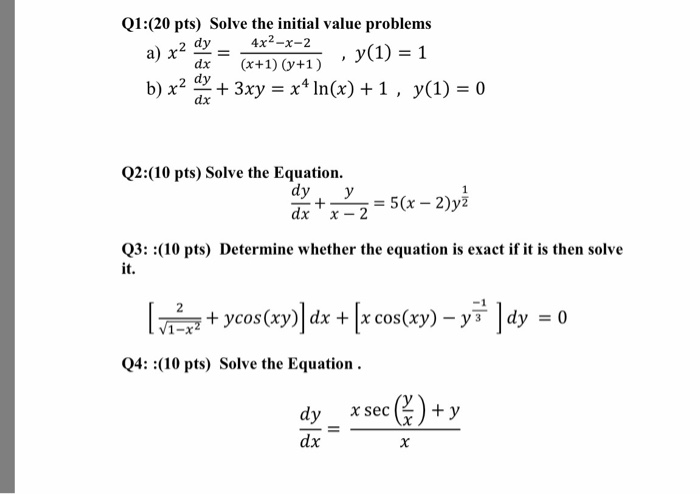



Solve The Initial Value Problems X 2 Dy Dx 4x 2 Chegg Com




Solve Linear Relations And Their Graphing Step By Step Math Problem Solver




If X And Y Are Positive Numbers Is X 1 Y 1 X Y Data Sufficiency Ds




Solution Solve Xy 2y 1 Y 1 X



If Y X X Prove That D 2y Dx 2 1 Y Dy Dx 2 Y X 0 Sarthaks Econnect Largest Online Education Community



Use The Method Of Undetermined Coefficients To Solve 1 X2 Y 2xy 12y 0 Stumbling Robot




3 X 8 Y 1 1 X 2 Y 2 Xy Not Equal 0 Find Solution Of The Pair Of Equation Brainly In




Show That X 1 Y 1 X 1 X 1 Y 1 Y 1 X2 Y2 Xy Maths Number Systems Meritnation Com
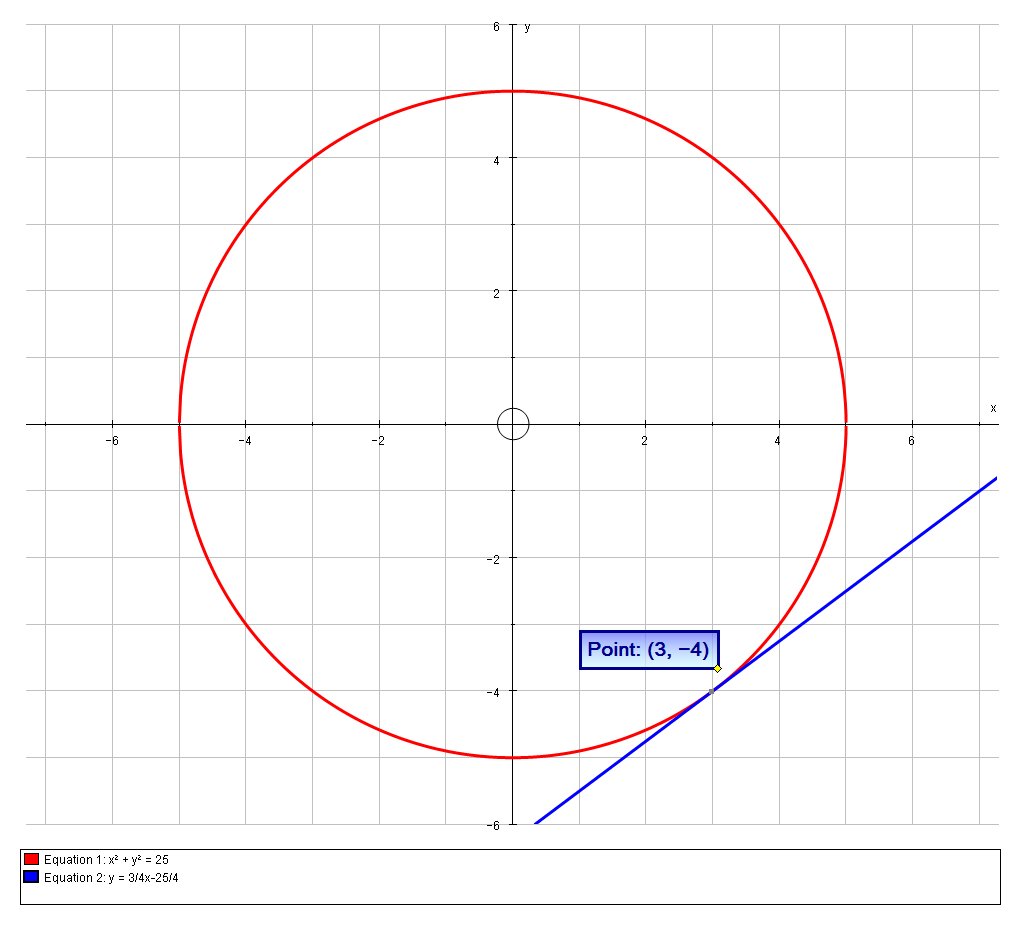



How Do You Find An Equation For The Line Tangent To The Circle X 2 Y 2 25 At The Point 3 4 Socratic



Q Tbn And9gcqfrqxr507ozco1lhgiqwot Cdchophjbocrnsjhblpnw2oyhom Usqp Cau



Introduction To Coordinate Geometry




If Y Tan 1 X 2 Prove That 1 X2 2y2 2x 1 X2 Y1 2 Explain In Great Detail Mathematics Topperlearning Com Z68xug




If X 1 Y 2 Y 1 X 2 1 Prove That Dydx 1 Y 2 1 X 2




If X 1 Y Y 1 X 0 Then Prove That 1 X 2 Dydx 1 0



If X Y Z Are All Different From Zero And 1 X 1 1 1 1 Y 1 1 1 1 Z 0 Then Value Of X 1 Y 1 Z 1 Is Studyrankersonline



If Math Sqrt 1 X 2 Sqrt 1 Y 2 A X Y Math How Can I Prove Math Frac Mathrm D Y Mathrm D X Sqrt Frac 1 Y 2 1 X 2 Math Quora




Using Cramer S Rule Solve 1 X 1 Y 1 Z 1 2 X 5 Y 3 Z 0 1 X 2 Y 4 Z 3 Youtube



Introduction To Coordinate Geometry




If Y Xx Prove That D2y Dx2 1 Y Dy Dx 2 Y X 0 Explain In Great Detail Mathematics Topperlearning Com X4m0m1ww




Pdf Advanced Engineering Mathematics Solutions Manual Ahmed Shaghasi Academia Edu




How To Solve A Differential Equation With Series X 1 Y Xy Y 0 With Y 0 2 Y 0 6 Youtube




Prove That X 1 Y 1 X 1 X 1 Y 1 Y 1 X Y 2 Xy
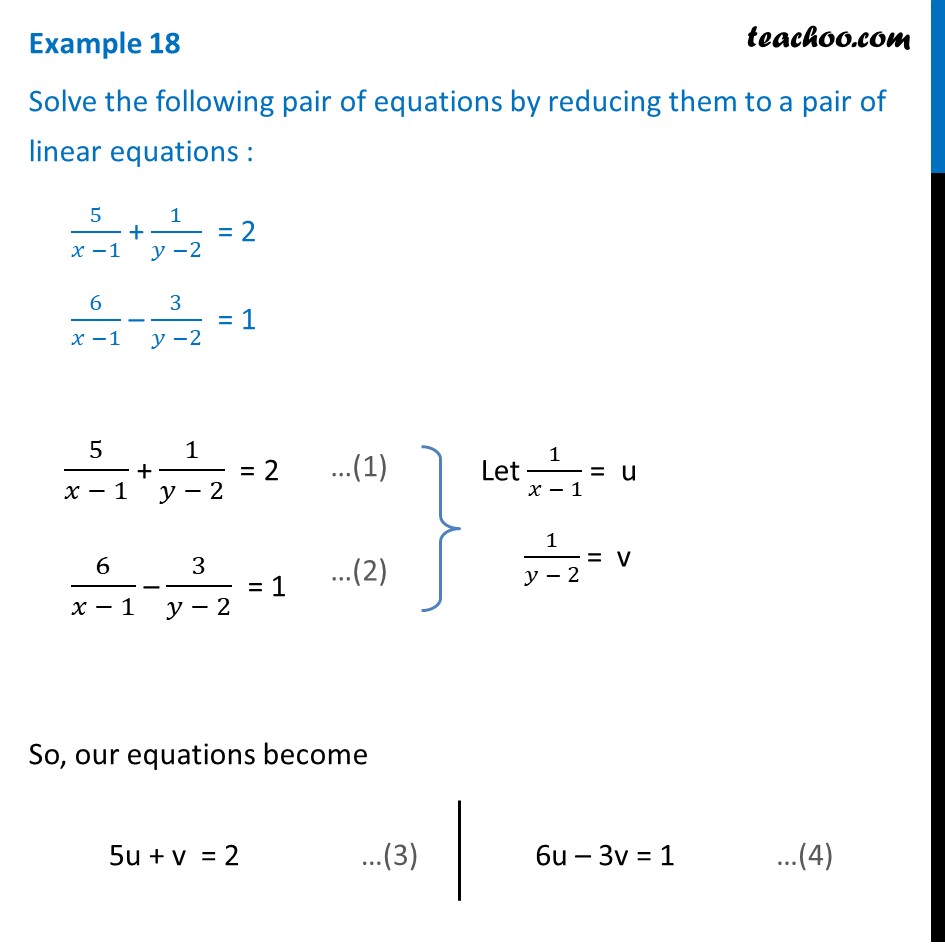



Example 18 Solve 5 X 1 1 Y 2 2 6 X 1 3 Y 2 1 Examples
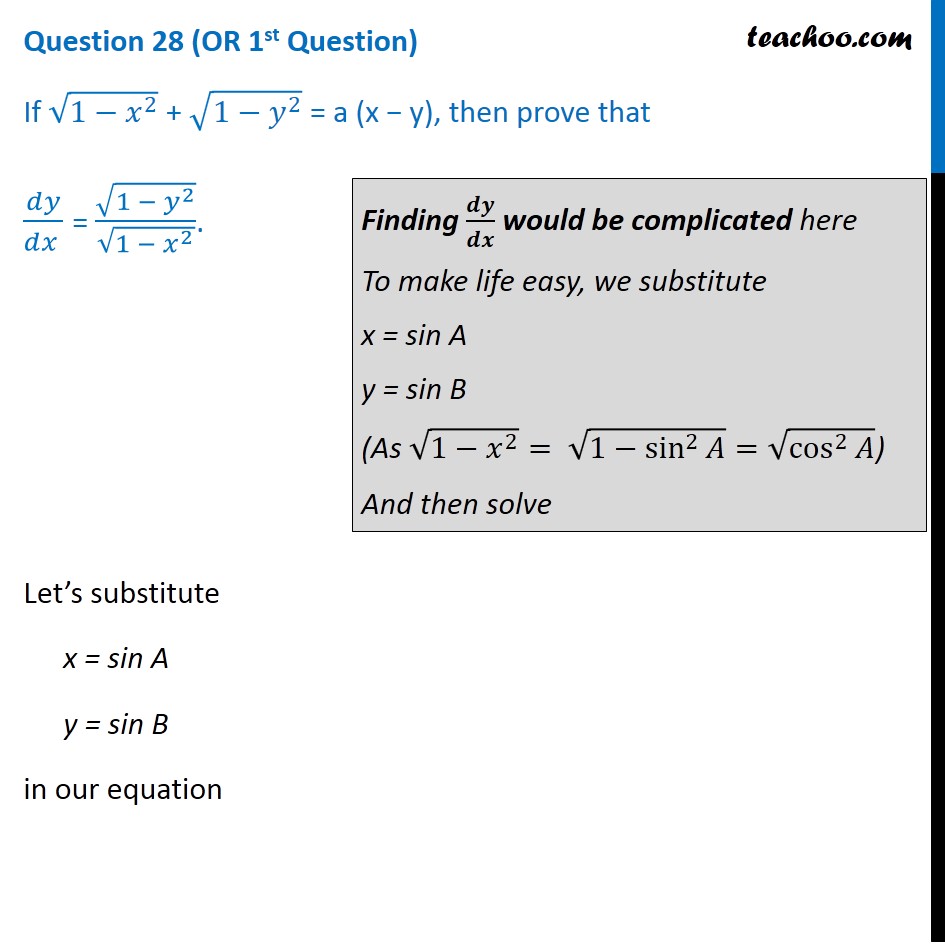



If 1 X 2 1 Y 2 A X Y Then Prove That Dy Dx




Engineering Mathematics Notes




Math 432 Hw 2 5 Solutions Pdf Free Download




Solve Y 1 Xy Dx X 1 Xy X 2y 2 Dy 0 Mathematics Stack Exchange



Www Utdallas Edu Efrom Solhw Pdf
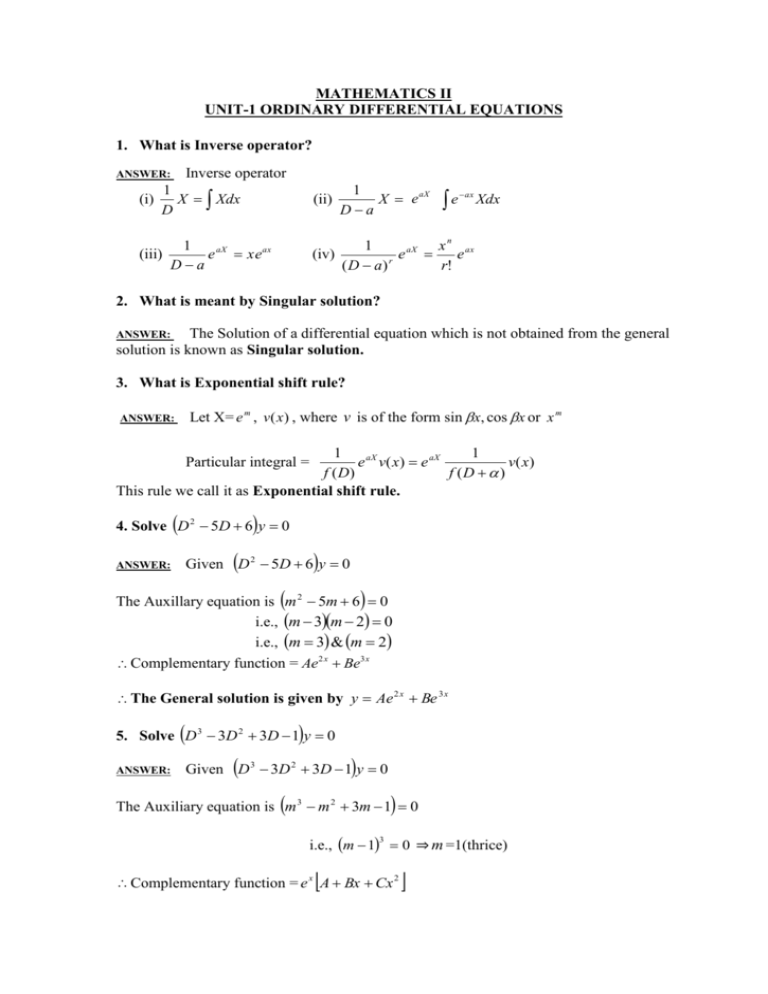



Mathematics Ii Tranquileducation




Ex 6 3 5 Solve 2x Y 1 X 2y 1 Graphically Ex 6 3




Worked Example Implicit Differentiation Video Khan Academy



0 件のコメント:
コメントを投稿